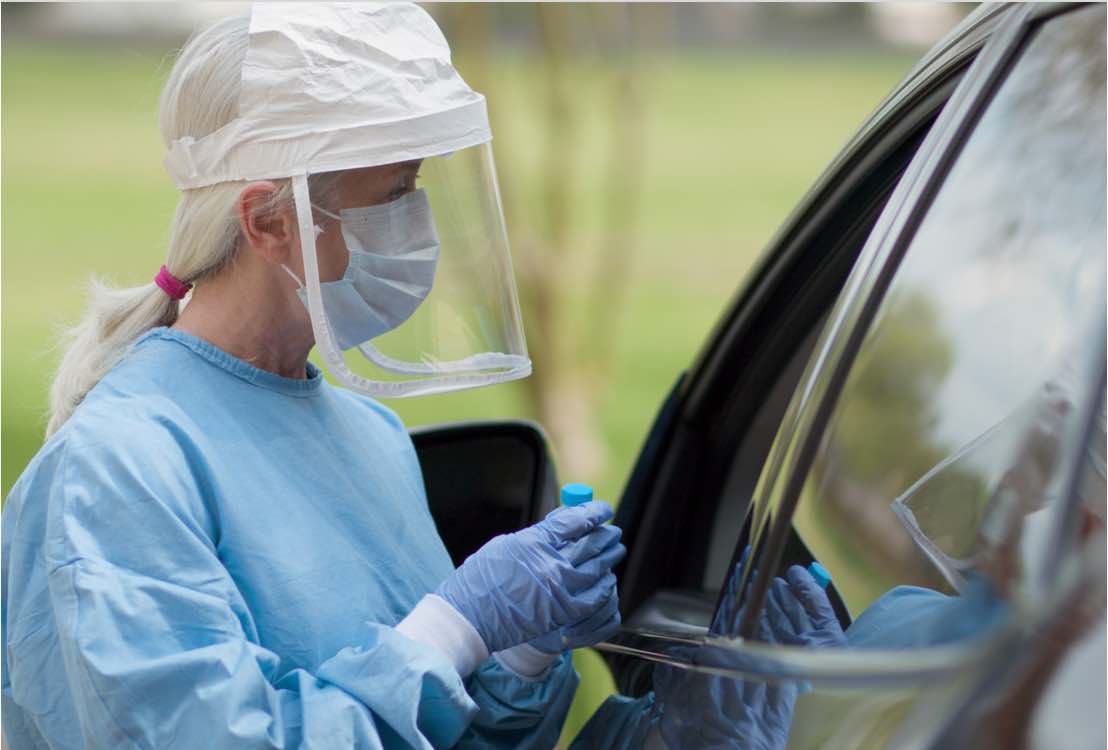A healthcare professional will guide you through the specimen self-collection process.
Drive Up
Visit our drive up event being hosted by Island Health Care.
Self-Collection Test
A healthcare professional will provide guidance as you swab your nasal passage.
Get easy-to-understand results through your secure MyQuest account
View your results on the MyQuest website and easily share your results with your doctor.
*Test requests are evaluated and, if appropriate, authorized by an independent physician.
